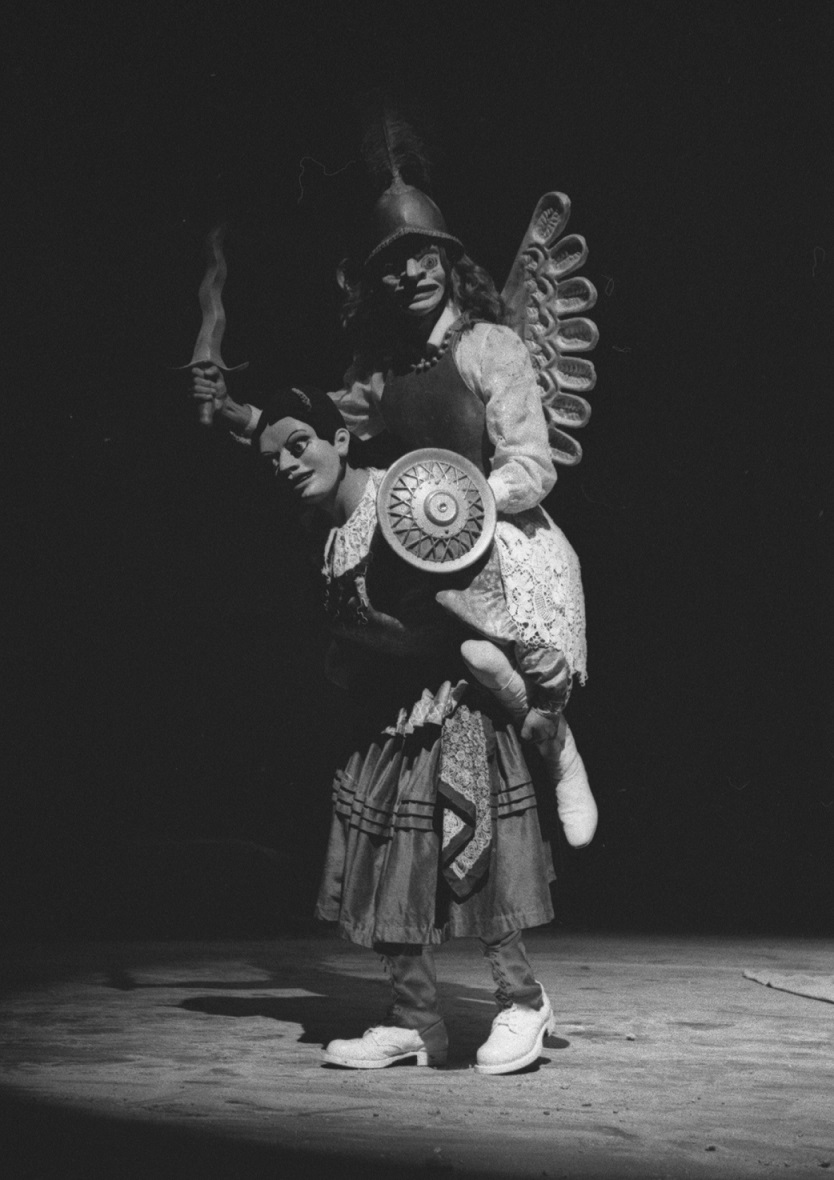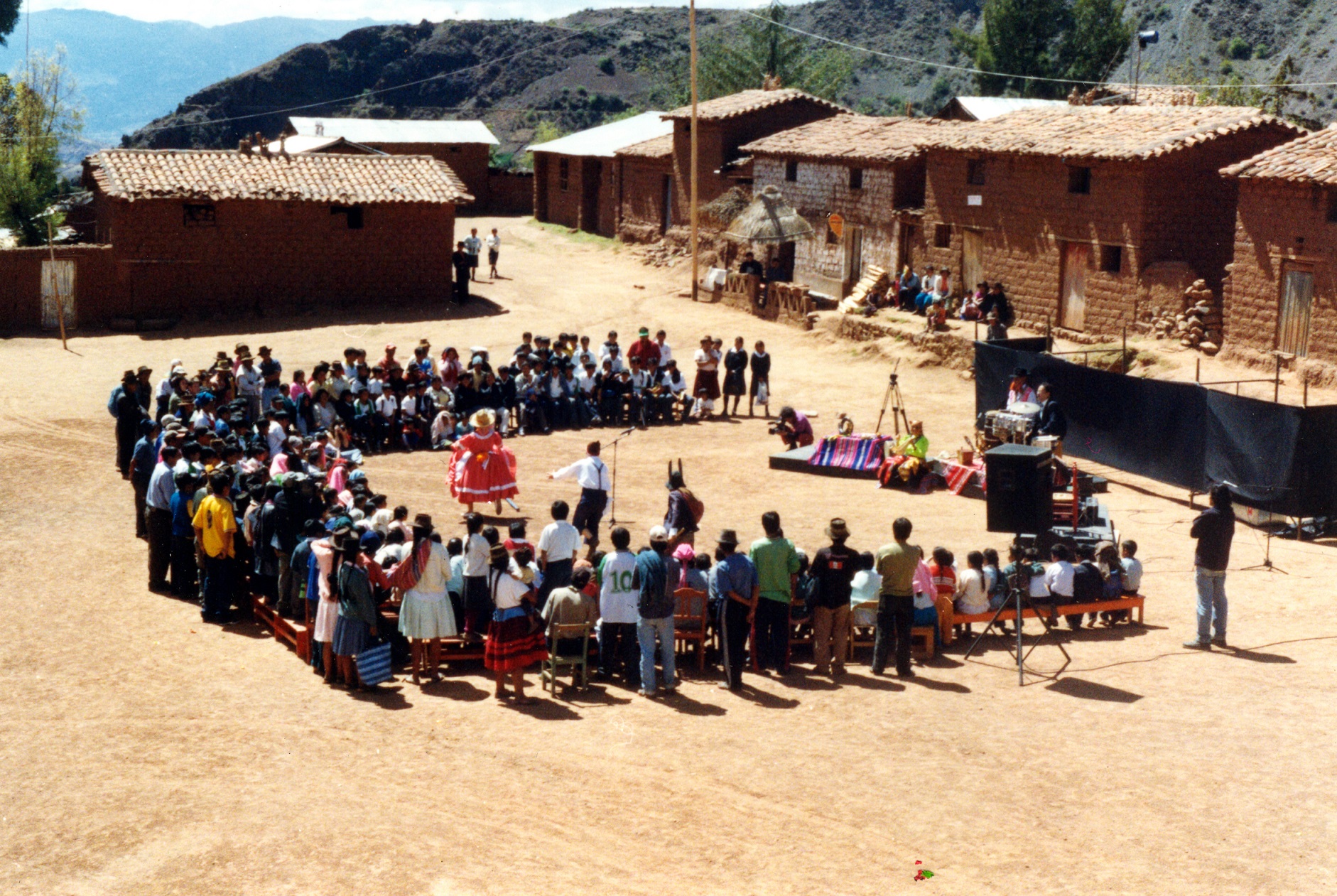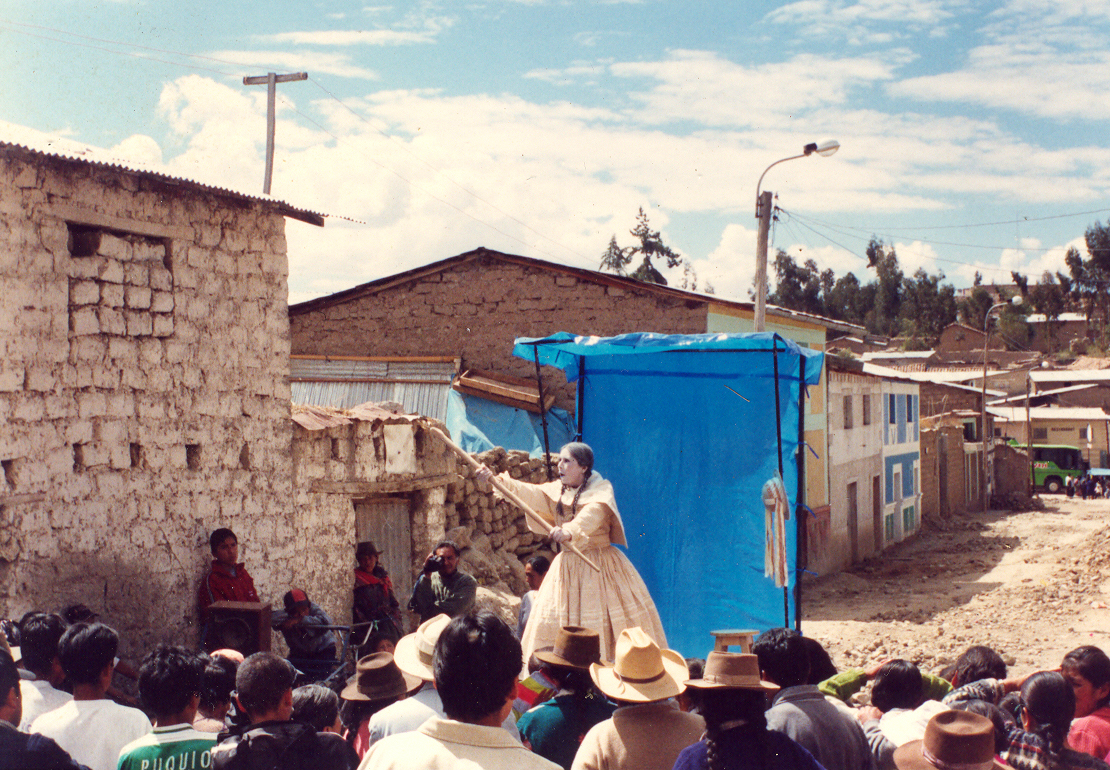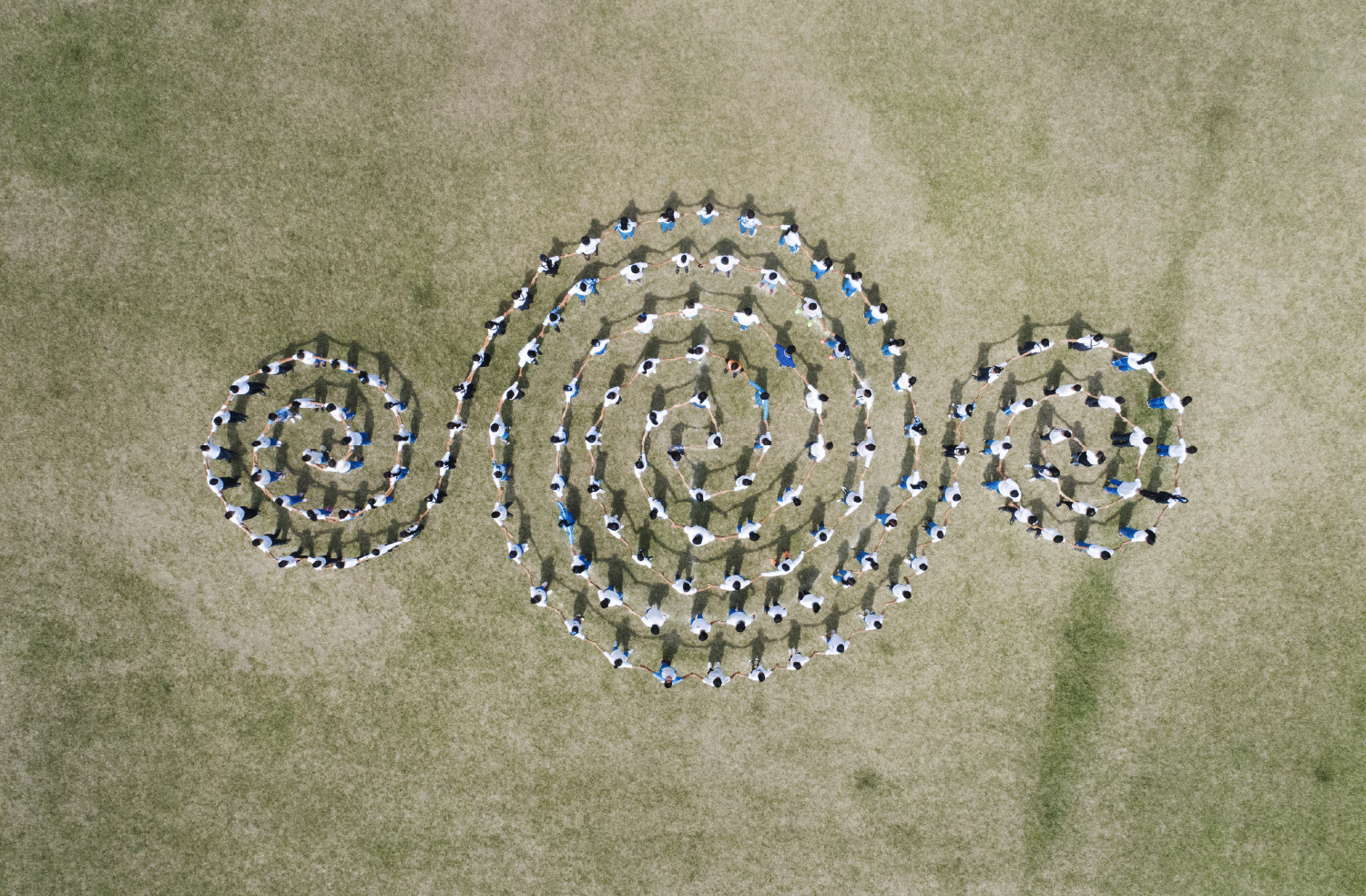Miguel Rubio Zapata’s lecture on the AUDITORIUM of LA ESCUELA___ is carried out in collaboration with Grupo Cultural Yuyachkani. The presentation will be followed by a panel conversation with Karen Bernedo.
A Complex Weaving: Ancient Indigenous and Contemporary Theatricalities
past
Online
2022-I
11/16/2022
In this session of AUDITORIUM, Miguel Rubio Zapata shares with LA ESCUELA___ his reflections concerning ancient Indigenous and contemporary theatricalities, with the aim of questioning the ways we understand them, to rethink the history of theatre in the Americas.

Miguel Rubio Zapata (Lima, Peru, 1951) is a Theater director, founding member and director of Grupo Cultural Yuyachkani. He proposes a theater of creation and research based on material produced by actors. His experience is based on research into Peruvian culture and its application in contemporary artistic expressions. A sociology graduate from Universidad Particular Inca Garcilaso de la Vega (1974), Rubio was given an honorary doctorate by Instituto Superior de Arte (ISA) at the University of Havana (2010).
"Theater is a cultural construction that emerges from particular values according to the community where it is created and in response to specific social relations in different historical moments. This is a good opportunity to rethink what we understand by the word ‘theater’ from the expressions of representation that are present in our cultures."


To get closer to the origin, we must turn to the sources where our past is written: murals, ceramics, rituals, ceremonies, clothing, accessories, and spaces for coexistence, from which we can reconstruct some of the behaviors and situations that were represented. In territories such as Latin America, where people have always danced, we can’t but embrace the notion of the "dancing actor": one whose body carries a memory that writes itself through the dancing.
Finding the path of the "dancing actor" has meant recovering a missing link to rethink the theatricalities of different cultures, wondering about the origins of theater both in Peru and any other country in Latin America and the Caribbean. As we will see, it is not enough to think from literary writing, we must also consider the event.



This shift in the approach implies understanding theater as a whole, not limiting it to any of its aspects. This has also allowed seeing how the practices of group theaters from the mid-20th century onwards have explored alternative pedagogies linked to a dialogue with the theatricalities of different cultures and emerging social movements.

